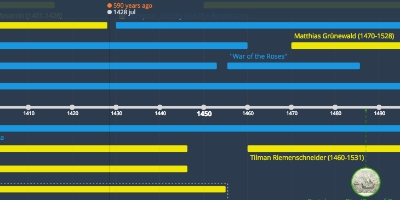Ming Dynasty (1368 - 1644) (jan 1, 1368 – jan 1, 1644)
Description:
The Ming Dynasty was the ruling dynasty of China – then known as the Great Ming Empire – for 276 years (1368–1644) following the collapse of the Mongol-led Yuan dynasty. The Ming dynasty was the last imperial dynasty in China ruled by ethnic Han Chinese. Although the primary capital of Beijing fell in 1644 to a rebellion led by Li Zicheng (who established the Shun dynasty, soon replaced by the Manchu-led Qing dynasty), regimes loyal to the Ming throne – collectively called the Southern Ming – survived until 1683.Ming Rulership:
Emperor Hongwu wished to be seen as the special guardian of his subjects. He wanted their allegiance as well as their tax money. But during these hard times (of the Black Death and Climate Change), poor farmers were reluctant to provide resources - taxes or services - to distant officials. The Emperor entrust the management of rural areas to local leaders whom he appointed as village chiefs, village elders, or tax captains. Within these communities, the dynasty created a social hierarchy based on age, sex, and kinship. When people rebelled Hongwu would kill them (ex. 1376-1393 when four of his purges condemned 100,000 subjects)
14th Century (1300): Trade
China began its economic recovery from the devastation of disease and political turmoil. Gradually, political stability allowed trade to revive. Chinese silks and cotton textiles, as well as fine porcelains, ranked among the world's most coveted luxuries. East Asian ports flourished as entrepôts for global goods. Former fishing villages developed into major urban centers.
The Suspicion of Trade:
Hongwu feared that too much contact with the outside world would cause instability and undermine his rule. He banned private maritime commerce in 1371. His ban lasted until the late 15th century. It also created friction between government officials and maritime traders. To Ming Officials, trade represented problems of order and control rather than an opportunity
Look at "Zheng He (1371-1433)" for his expeditions and Ming Trade!
Added to timeline:
Date:
jan 1, 1368
jan 1, 1644
~ 276 years
